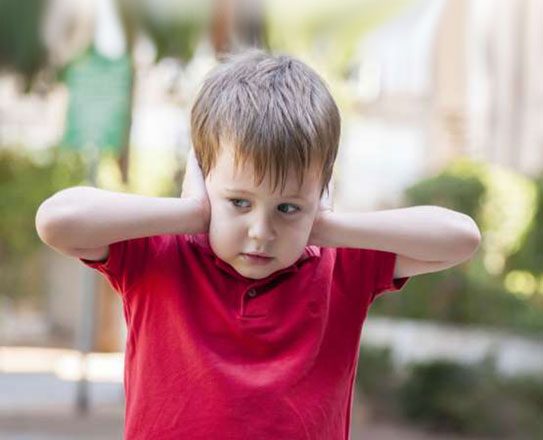PHILADELPHIA — A new Rutgers study has found that one-fourth of children with autism spectrum disorder may go undiagnosed.
Moreover, children whose autism is not recognised are more likely to be black or Hispanic, according to findings published last month in the journal Autism Research.
The bottom line, the new findings suggest, is that children whose lives could be improved by getting needed services may be falling through the cracks.
“There may be various reasons for the disparity, from communication or cultural barriers between minority parents and physicians to anxiety about the complicated diagnostic process and fear of stigma,” said study co-author Walter Zahorodny, an associate professor of paediatrics at Rutgers New Jersey Medical School.
“Also, many parents whose children are diagnosed later often attribute their first concern to a behavioural or medical issue rather than a developmental problem,” he added.
Children of colour have long been suspected of being under-diagnosed with autism, the nation’s fastest growing development disability. Characterised by communication and social difficulties or deficits and repetitive behaviours, autism must be detected early in order to help children reach their full potential, experts agree.
The study was conducted by reviewing medical and education records of children in 11 states, including New Jersey, that are part of the federal Centres for Disease Control and Prevention’s Autism and Developmental Disabilities Monitoring Network. Studies are performed within the network to estimate autism prevalence rates.
The researchers analysed records of 266,000 eight-year-old children, and found 4,550 who met the diagnostic criteria for autism. Of those children, 1,135 had not been diagnosed with the disorder. Black and Hispanic children were more likely to be in the undiagnosed group.
Zahorodney, who directs the New Jersey portion of the study, said findings like this underline the need for universal screening for autism.
“I have no problem advocating that every child be screened at 18 and 24 months,” Zahorodney said. “In fact, I’m a person who would be most likely to say not only at 18 and 24 months but given what we see about late detection, I would do screening at 30 or 36 months and again at 40 or 48 months because there are still children who are getting to school age without evaluation.”
By Rita Giordano
